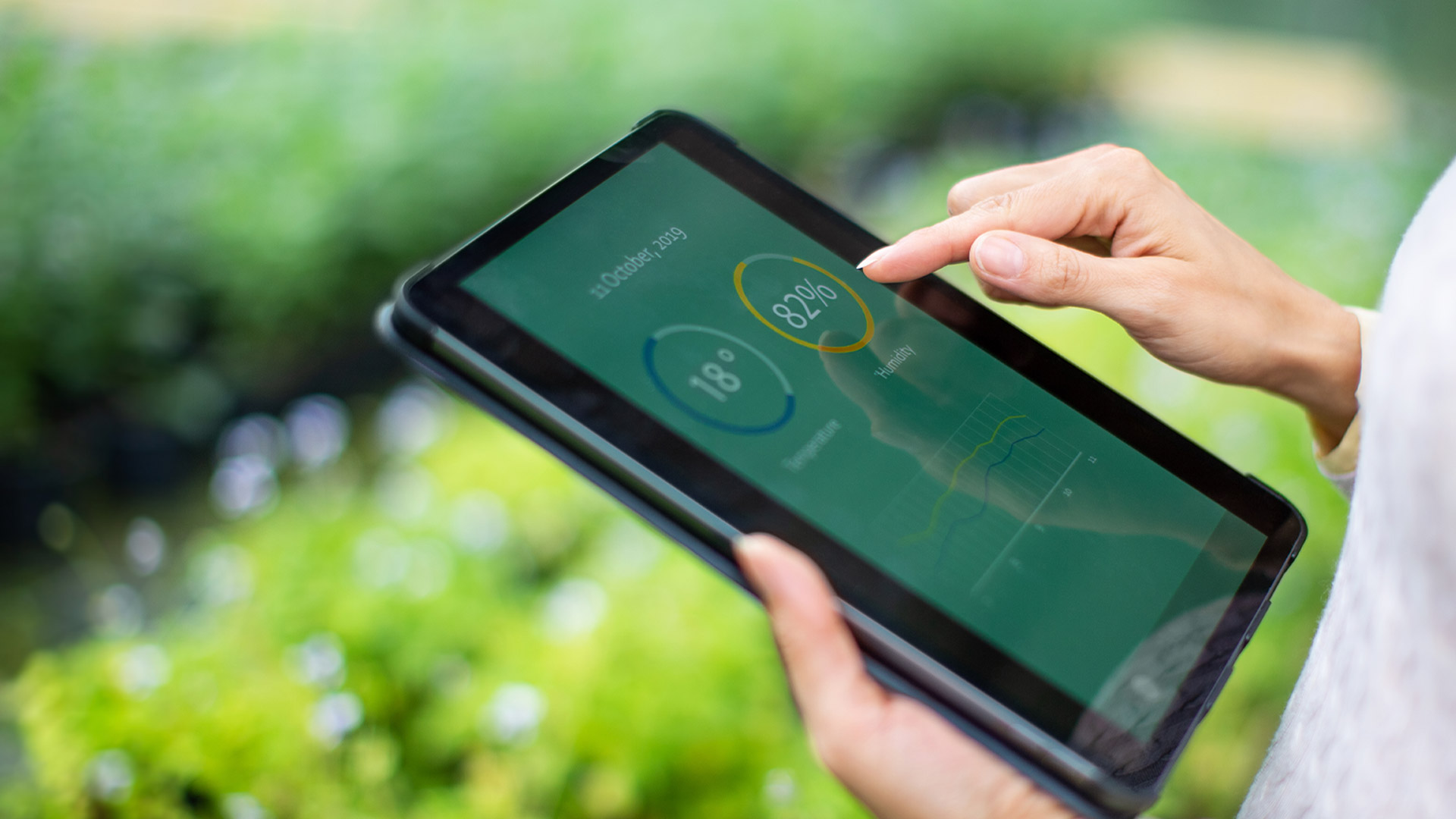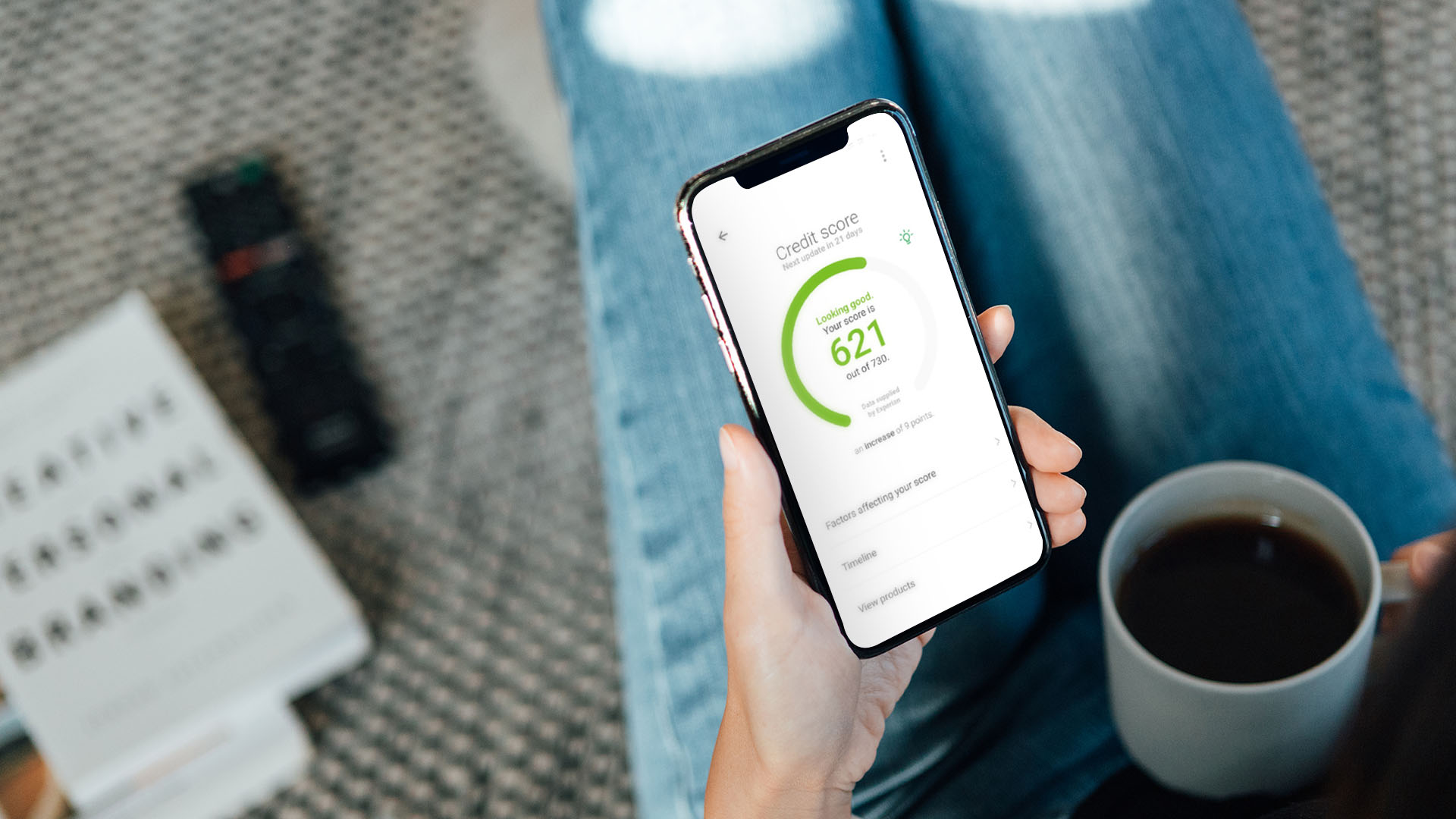- Login & Register
- Online Banking
- Online Share Trading
- NedFleet
- Register for Nedbank ID
- Home
- Explore Home
- Find a car
- Explore Find a car
- Borrow
- Explore Borrow
- Protect
- Explore Protect
- Manage
- Explore Manage
- Calculators
- Explore Calculators
- Help Centre
- Explore Help Centre
Don’t have your Nedbank ID yet?
Nedbank ID single sign-on give you access to your MFC account management services on the Money app or Online banking.
Self-service
Enjoy free, secure online account management with Nedbank Online Banking and the Money app. Register for your Nedbank ID then download the Money app or log in to Online Banking to get started.
My MFC Contract
Digitally accept your unique My MFC Contact vehicle finance agreement.
To sign, you will need to log in with your identity number and the MFC Reference number sent to your cellphone.
Self-service
Enjoy free, secure online account management with Nedbank Online Banking and the Money app. Register for your Nedbank ID and then download the Money app or log in to Online Banking to get started.
Find your next car
Choose from our list of approved dealerships, find out more about MFC vehicle auctions or browse the latest used cars for sale on Avo Auto.
- Approved dealerships
- MFC vehicle auctions
- Avo Auto
Find your nearest dealership
Get a list of approved dealerships in your province. All our listed dealerships go through a strict vetting and approval process.
Search nowMFC Auctions
MFC holds regular vehicle auctions at various locations throughout the country. Find auctions using our auction calendar and select an auction to see the catalogue. You might just find a vehicle that you are interested in bidding on.
See upcoming auctionsMFC Auction House
Get a great deal when you buy a repossessed vehicle at an MFC auction. Go to our website to find the vehicle you want, sign up, and participate in the online auction of your choice.
Go now
Do car shopping differently
Search for a new or used car, connect with approved dealers, and get the best financing options—all in one safe and convenient place.
Find out more
Know your budget
Whether you’re buying a car from a private seller, a dealership, or at an auction, or financing an alternative energy solution, our budget and instalment calculators can help you determine exactly what you can afford.

Found what you’re looking for?
Apply for finance and earn cashback!
When you’ve found your dream car, our safe, secure and hassle-free finance options make your next step a breeze. Apply for vehicle finance online in minutes and earn cash back on your monthly repayments with a MiGoals Plus or MiGoals Premium account.








